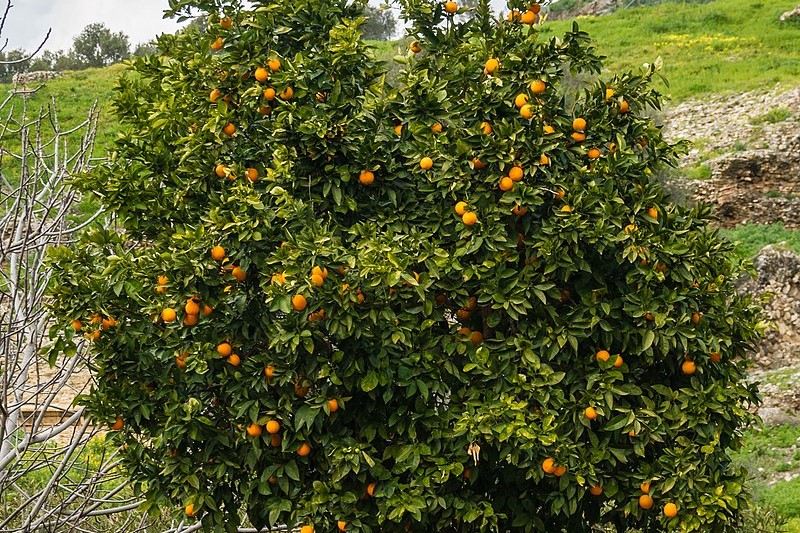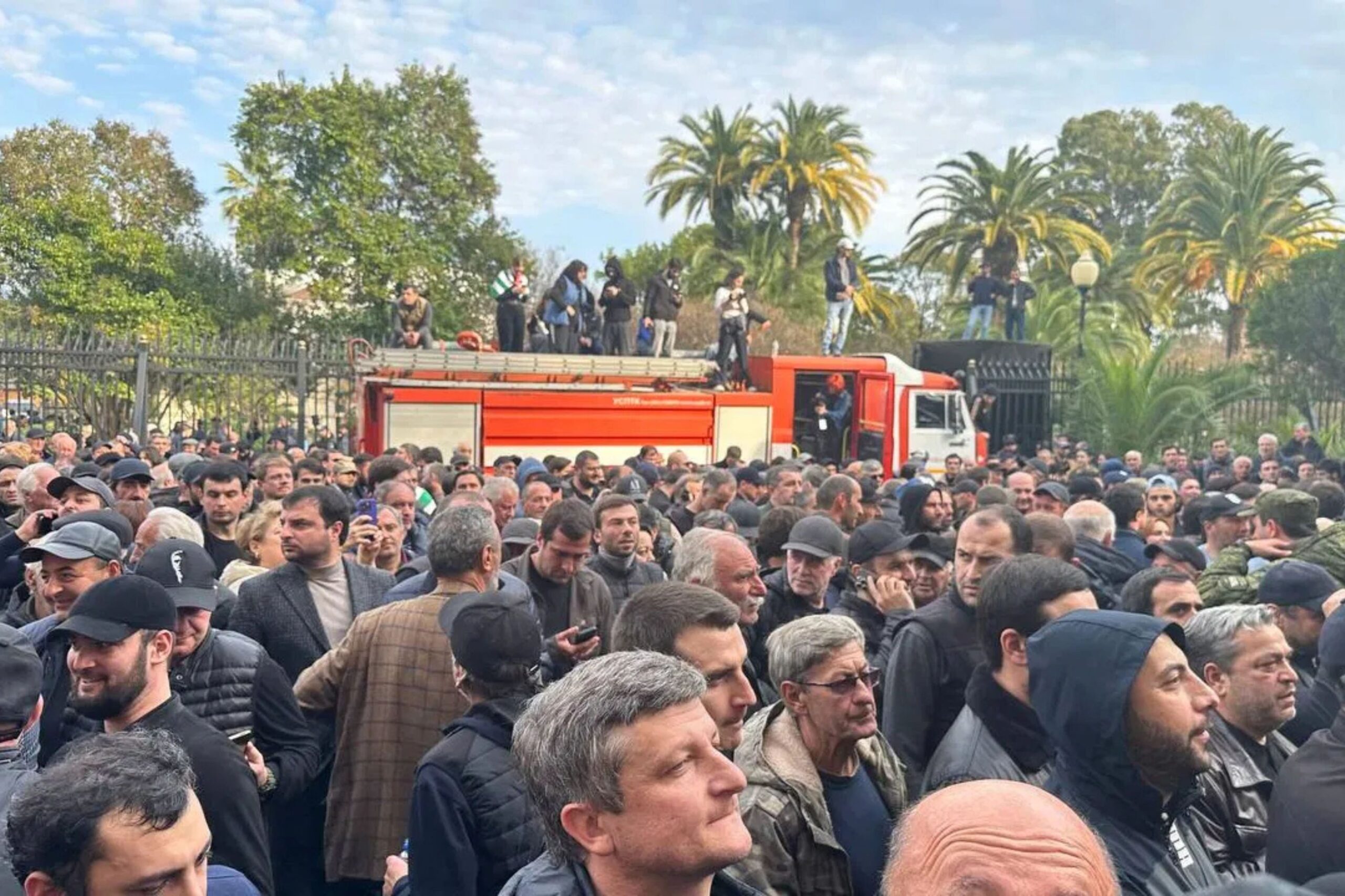MP opens fire in Abkhazian Parliament, killing fellow MP
The shooting roiled an already tense political environment in Abkhazia.

Abkhazian MP Adgur Kharaziya has shot dead a fellow MP and injured another during a parliamentary committee meeting.
MP Vakhtang Golandziya was killed in the incident, while Kan Kvarchiya was injured.
According to eyewitnesses, the altercation that led to the shooting arose over a dispute regarding the complete ban of cryptocurrency mining in Abkhazia.
The alleged shooter, Kharaziya, argued for such a ban, while Kvarchiya said such a move would be bowing to populism. The verbal altercation escalated when Kharaziya pulled out a pistol and began shooting, apparently intending to hit Kvarchiya.
Golandziya, who stepped in to mediate the situation, was struck in the head. He was subsequently taken to the hospital, where doctors were unable to resuscitate him, and he was pronounced dead.
Kvarchiya, who was hit in the elbow and grazed in the head, was transported to the hospital and underwent surgery. According to the Acting Chief Physician of the Republican Hospital, Erik Hutakhua, Kvarchiya’s condition is stable and his life is not in danger.
Following the shooting, Kharaziya fled the scene and remains at large.
According to the press service of the Abkhazian Ministry of Internal Affairs, ‘traffic police posts along the Psou-Ingur highway have been reinforced’, and crossing points into Russia and Georgia are being monitored. The ministry also noted that employees of the Sukhumi (Sukhum) City Police Department, the Gulripshi (Gulripsh) District Police Department, and law enforcement units of the Interior Ministry’s Central Office are also involved in the manhunt.
An argument about cryptocurrency
The draft law banning cryptocurrency mining passed its first reading in the Abkhazian Parliament on 17 December. Parliament was due to consider the issue again during its final reading next week.
Abkhazia has recently been facing a severe energy crisis, exacerbated by the prevalence of illegal cryptocurrency mining.
While crypto mining has for years caused a strain on Abkhazia’s electricity network, the latest crisis was preceded by the loss of subsidised energy imports from Russia, stemming from political disagreements between Moscow and Sukhumi.

Abkhazia has had a ban on cryptocurrency mining since 2018, in addition to a temporary ban on the import of mining equipment since 2020. However, the draft law debated recently envisions extending the restrictions, permanently prohibiting the ‘mining, trading, use, and advertising of cryptocurrencies, as well as the import of mining equipment’.
According to Parliamentary Speaker Lasha Ashuba, earlier efforts to curb cryptocurrency mining had proven ineffective, thus necessitating the development of stricter rules.
Who are the victims and the alleged shooter?
Vakhtang Golandziya, who died during the shootout, is a veteran of the War in Abkhazia and was awarded a medal of courage. In peacetime, Golandziya was a local entrepreneur and entered the Abkhazian Parliament in 2022.
The alleged shooter, Adgur Kharaziya, is the father of three children and also a veteran of the War in Abkhazia. He previously served as a local administrative leader, before holding other positions in Abkhazian politics, and was elected to the parliament in 2022. Kharaziya was investigated for his involvement in a previous shooting in Sukhumi in 2020.
Kan Kvarchiya, who was wounded, has also been a longtime figure in Abkhazian politics. In addition to being a member of parliament, he also served as mayor of Sukhumi. Kvarchiya is also a veteran of the War in Abhazia, and was awarded a medal of courage.
For ease of reading, we choose not to use qualifiers such as ‘de facto’, ‘unrecognised’, or ‘partially recognised’ when discussing institutions or political positions within Abkhazia, Nagorno-Karabakh, and South Ossetia. This does not imply a position on their status.











